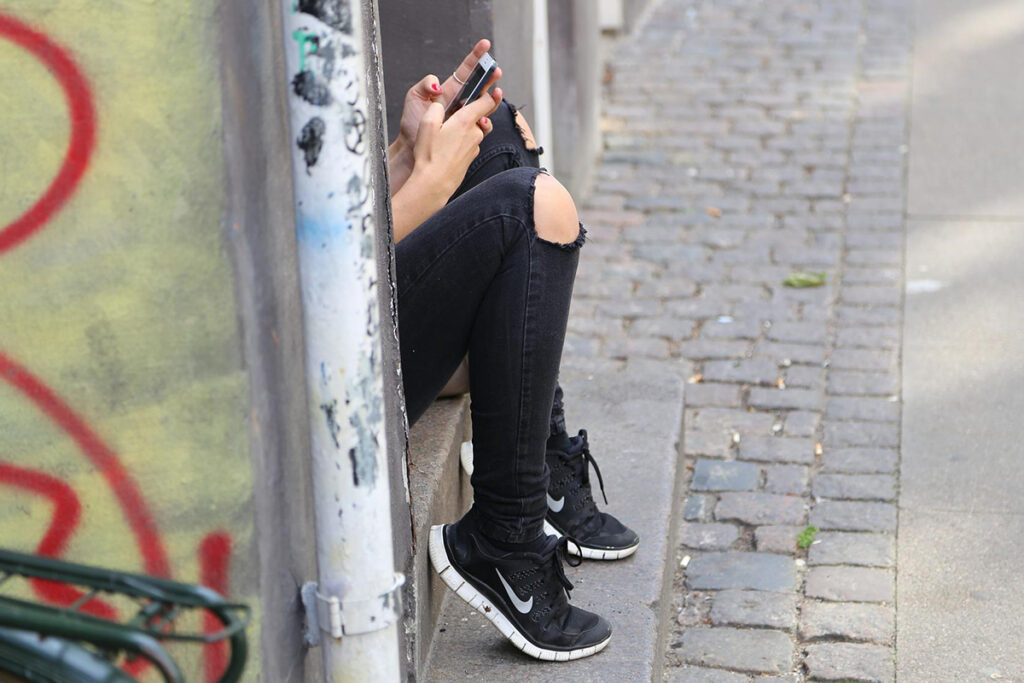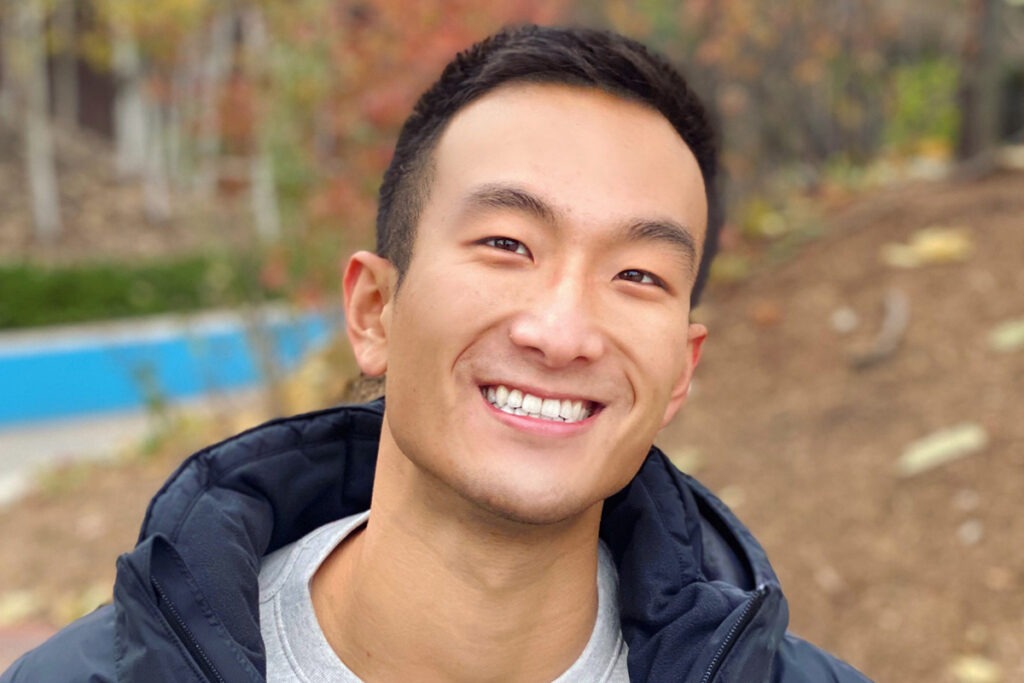Homeless adolescents in the United States experience significantly worse mental health and substance use outcomes than housed counterparts: study

(Photo: Marco Wolff/Pixabay)
Adolescents experiencing homelessness in the United States have significantly worse mental health and substance use outcomes than their housed counterparts, according to new research that evaluated mental health and substance use among homeless and housed high school students surveyed voluntarily and anonymously in 2019.
The research, published in JAMA and co-led by researchers from MAP Centre for Urban Health Solutions at St. Michael’s Hospital, also found that teens of colour and teens who identify as LGBTQIA+ bear the disproportionate burden of homelessness in the United States.
More than one in 20 U.S. high school students experienced homelessness in 2016 and 2017, according to a 2018 report from the United States Department of Housing and Urban Development. While the circumstances surrounding these adolescents’ homelessness are undoubtedly stressful and traumatic, few reliable and large-scale assessments of the psychiatric burden among homeless teens are available.

“Our study is a call-to-action for schools, health systems, and policymakers to address the significant burden of mental health and substance use challenges faced by homeless adolescents,” said Michael Liu, MPhil, first author of the study, a research coordinator at St. Michael’s MAP Centre for Urban Health Solutions and a medical student at Harvard Medical School. “The burden of homelessness falls disproportionately on Black, Hispanic, and LGBTQIA+ individuals, which reflects enduring structural injustices such as racism, homophobia, and transphobia in the US. We need to do a better job of identifying these students and connecting them to evidence-based interventions such as stable housing and mental health support.”
Researchers used representative data from a survey of the demographic characteristics, housing status, mental health and substance use of U.S. high school students in 22 states administered in 2019 to assess four mental health outcomes and 11 substance use outcomes. Data from 4,523 homeless adolescents and more than 105,000 non-homeless adolescents revealed that homeless teens were dramatically more likely to report feelings of sadness and hopelessness and having considered, planned or attempted suicide than their non-homeless peers.
Prevalence of cigarette, cannabis, and illicit drug use (e.g., cocaine, heroin, methamphetamine) was also substantially higher among homeless teens. Homeless children were also far more likely than their housed counterparts to be male, Black or Hispanic, and identify as gay or lesbian.
“Our study found that homeless adolescents experienced significantly worse mental health and more substance use than their housed counterparts,” said corresponding author Rishi K. Wadhera, MD, MPP, MPhil, an investigator in the Smith Center for Outcomes Research at Beth Israel Deaconess Medical Center (BIDMC), and an assistant professor of medicine at Harvard Medical School. “The U.S. is facing a youth homelessness crisis, which will only be exacerbated by challenges presented by the COVID-19 pandemic, including parental deaths, housing evictions, and worsening poverty. We need to implement policies and interventions that improve broad health, social, and educational outcomes among homeless adolescents, and perhaps more importantly, prevent and end adolescent homelessness altogether.”
Co-authors included Michael Liu, MPhil, of Harvard Medical School; Katherine A. Koh, MD, MSc, of Massachusetts General Hospital; and Stephen W. Hwang, MD, MPH, of St. Michael’s Hospital.
This work was supported by grants from the National Heart, Lung and Blood Institute (grant K23HL148525-1) at the National Institutes of Health.
Wadhera receives research support from the National Heart, Lung and Blood Institute (grant K23HL148525-1) at the National Institutes of Health. He is a paid consultant for Abbott and has previously consulted for Regeneron, outside the submitted work. Hwang receives research support from the Canadian Institutes of Health Research (grant FD-167263.) All other authors have no disclosures.
About St. Michael’s
St. Michael’s Hospital provides compassionate care to all who enter its doors. The hospital also provides outstanding medical education to future health care professionals in more than 27 academic disciplines. Critical care and trauma, heart disease, neurosurgery, diabetes, cancer care, care of the homeless and global health are among the Hospital’s recognized areas of expertise. Through the Keenan Research Centre and the Li Ka Shing International Healthcare Education Centre, which make up the Li Ka Shing Knowledge Institute, research and education at St. Michael’s Hospital are recognized and make an impact around the world. Founded in 1892, the hospital is fully affiliated with the University of Toronto.
About Unity Health Toronto
Unity Health Toronto, comprised of St. Joseph’s Health Centre, St. Michael’s Hospital and Providence Healthcare, works to advance the health of everyone in our urban communities and beyond. Our health network serves patients, residents and clients across the full spectrum of care, spanning primary care, secondary community care, tertiary and quaternary care services to post-acute through rehabilitation, palliative care and long-term care, while investing in world-class research and education.
About Beth Israel Deaconess Medical Center
Beth Israel Deaconess Medical Center is a patient care, teaching and research affiliate of Harvard Medical School and consistently ranks as a national leader among independent hospitals in National Institutes of Health funding.
BIDMC is the official hospital of the Boston Red Sox. For more information, visit www.bidmc.org.
Beth Israel Deaconess Medical Center is a part of Beth Israel Lahey Health, a health care system that brings together academic medical centers and teaching hospitals, community and specialty hospitals, more than 4,800 physicians and 36,000 employees in a shared mission to expand access to great care and advance the science and practice of medicine through groundbreaking research and education.
By: Jennifer Stranges, with files from Beth Israel Lahey Health
